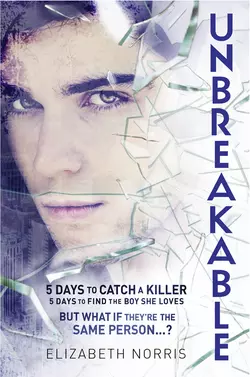Unbreakable

Elizabeth Norris
Тип: электронная книга
Жанр: Современная зарубежная литература
Язык: на английском языке
Стоимость: 152.29 ₽
Статус: В продаже
Издательство: HarperCollins
Дата публикации: 16.04.2024
Отзывы: Пока нет Добавить отзыв
О книге: 24 meets the X Files in the amazing follow up to Unravelling.Four months after Ben disappeared through the portal to his home universe, Janelle believes she’ll never see him again. Her world is still devastated, but civilisation is slowly rebuilding, and life is finally starting to resume some kind of normality. Until Interverse agent Taylor Barclay shows up. He’s got a problem, and he needs Janelle’s help. Somebody from an alternate universe is running a human trafficking ring – kidnapping people and selling them on different Earths. And Ben, with his unique abilities, is the prime suspect. To make things worse, Janelle learns that someone she cares about – someone from her own world – has become one of the missing.Now Janelle has five days to track down the real culprit. Five days to locate the missing people before they’re lost forever. Five days to reunite with the boy who stole her heart. Can she uncover the truth before everyone she cares about is killed?In this heart-pounding sequel to UNRAVELLING, author Elizabeth Norris explores the sacrifices we make to save the people we love and the worlds we’ll travel to find them.